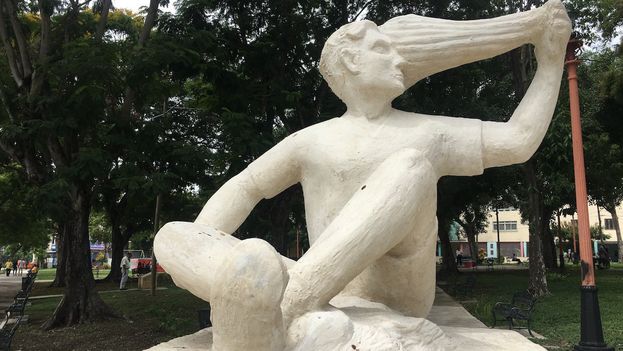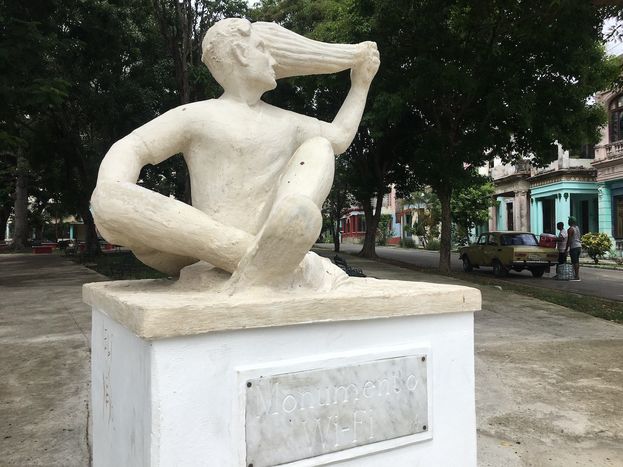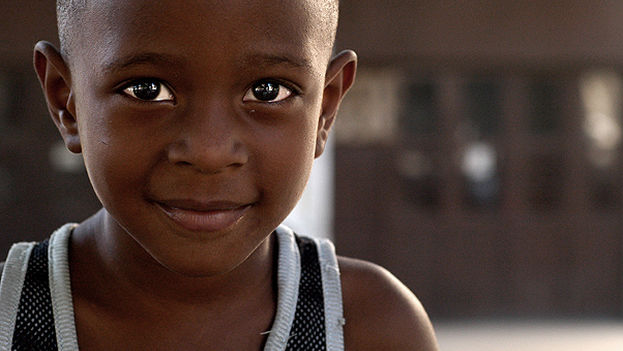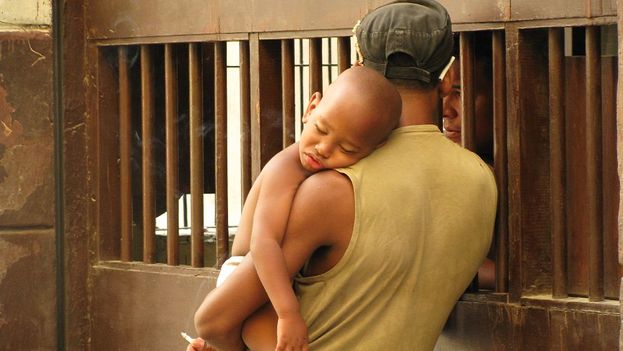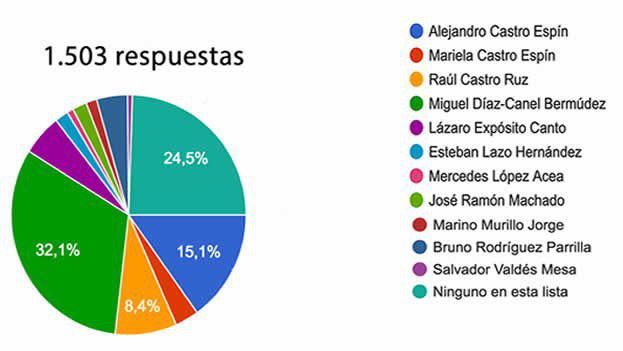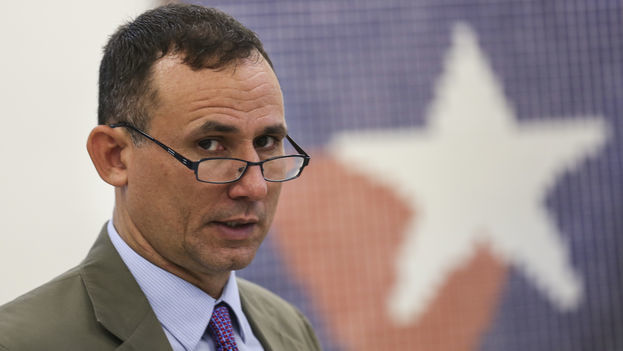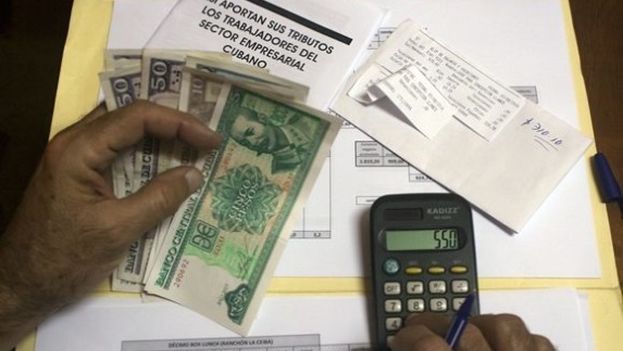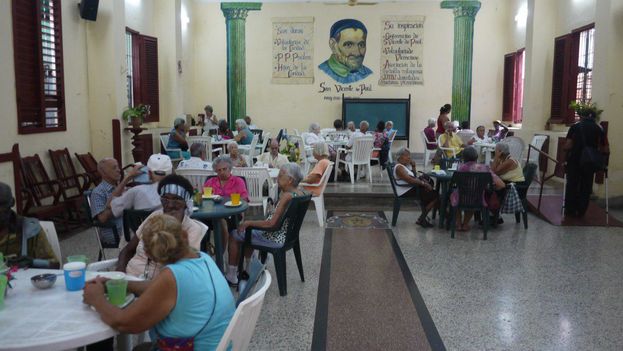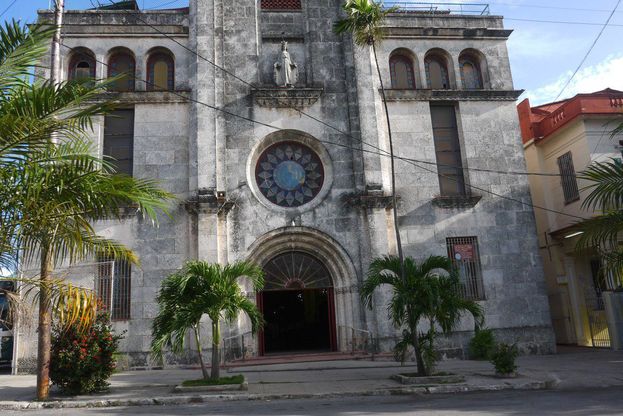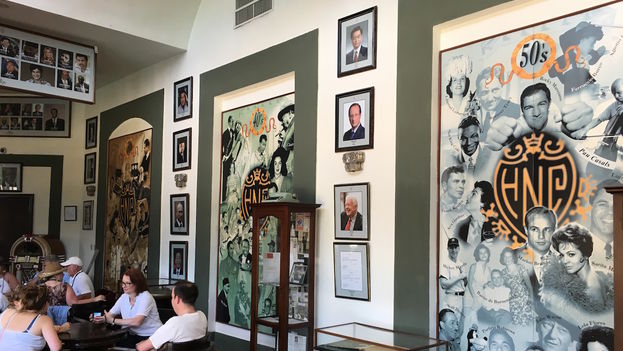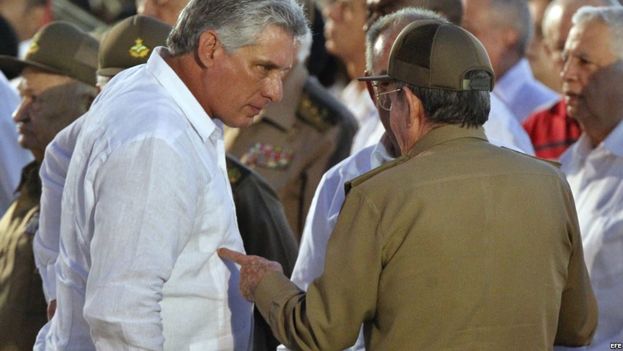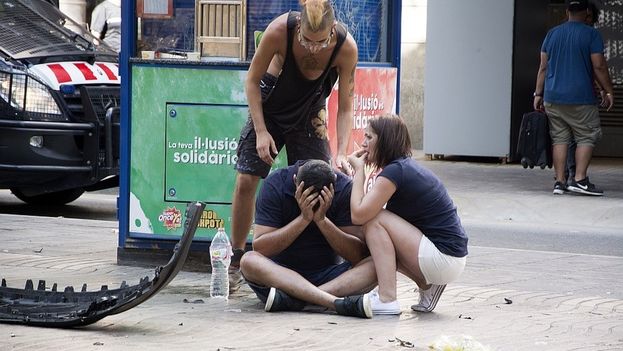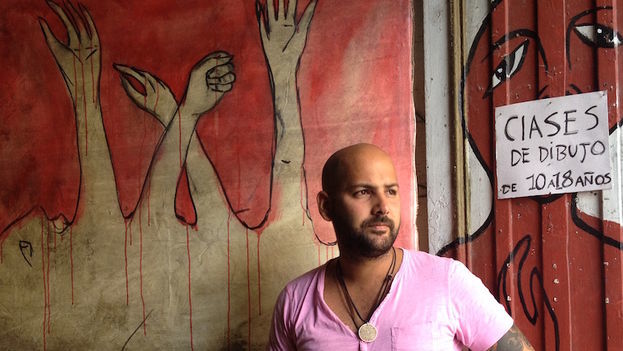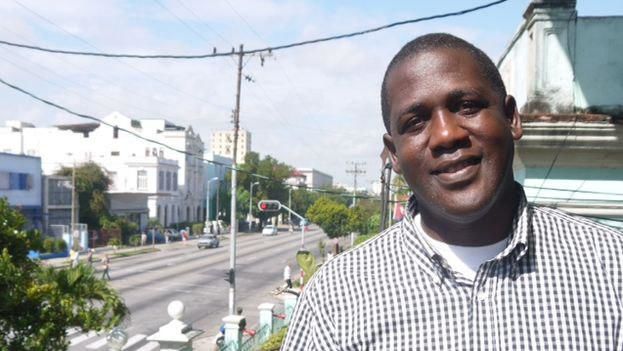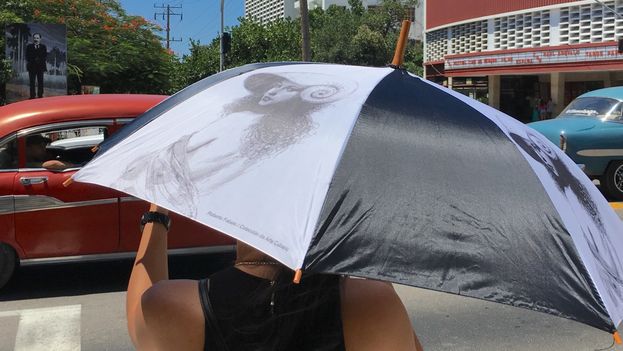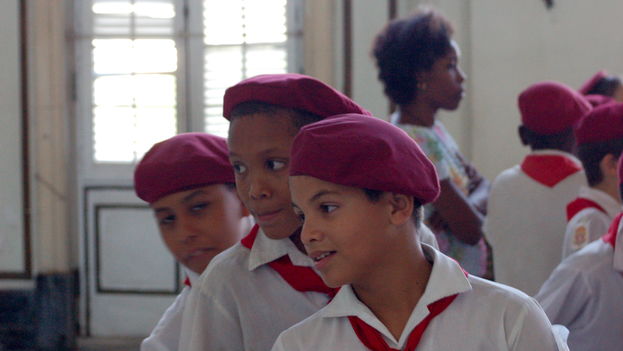
![]() 14ymedio, Zunilda Mata, Havana, 28 August 2017 — With only a week to go before the school year begins, Cuban health authorities fear that the arrival of thousands of students in the classroom will fuel the epidemic of hemorrhagic conjunctivitis that is plaguing the country. Preparing for the new school year includes gathering all the supplies needed to operate, and right now also includes epidemiological inspections to assess the health risks.
14ymedio, Zunilda Mata, Havana, 28 August 2017 — With only a week to go before the school year begins, Cuban health authorities fear that the arrival of thousands of students in the classroom will fuel the epidemic of hemorrhagic conjunctivitis that is plaguing the country. Preparing for the new school year includes gathering all the supplies needed to operate, and right now also includes epidemiological inspections to assess the health risks.
The Ministry of Public Health released a report on Saturday stating that there are seven provinces and 46 municipalities in the country affected by this form of conjunctivitis, with a total of 1,427 cases throughout the island. The real number could be greater, however, since many patients do not go to polyclinics or hospitals.
The advance of the virus has forced a review of the sanitary conditions in each school before they open to students on 4 September. Among the indispensable requirements is the guarantee of drinking water and its quality, according to comments in the official press from Gretza Sánchez, director of the Provincial Center for Hygiene and Epidemiology in the province of Villa Clara. continue reading
More than 1,750,000 students are enrolled in the 2017-2018 academic year in the 10,698 country’s educational institutions, Education Minister Ena Elsa Velázquez Cobiella said on Thursday.
A teaching assistant laments that the authorities impose many demands but that the schools do not have the circumstances to fulfill them
The controls require that every school have the necessary cleaning tools and wastebaskets installed in every classroom, along with disinfectants for the bathrooms and, if there are kitchens in the building, a stable supply of detergent, according to Ministry of Education source who spoke with 14ymedio and who preferred anonymity.
“They have already inspected and found several problems, so we are asking parents to help us with cleaning implements and products such as bleach, as well as cloths to clean the floor and brooms,” says Milagros, a teaching assistant in a primary school in Havana’s Cerro neighborhood.
The assistant laments that the authorities impose many demands but that the schools do not have the circumstances to fulfill them. They have managed to keep the schools clean “because parents collect money among themselves and buy what is needed.”
For Milagros, the lack of cleaning staff is the main problem to maintaining hygiene in schools. “Nobody wants to work cleaning in a school for less than 20 CUC a month, when in a hotel or in a private house you get double or triple,” she says. “Last year we were without a cleaning assistant for a full semester,” she complains.
The hygiene work is often undertaken by the parents themselves and the management of the schools convenes voluntary work days frequently to clean and beautify the classrooms.
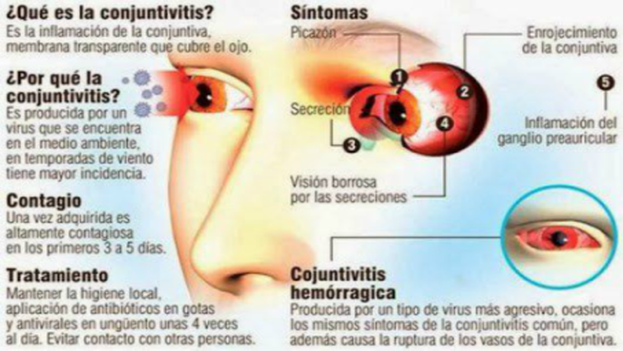
As a result of these inspections it was revealed that 136 of the 600 schools of Villa Clara received a poor evaluation from the sanitary authorities for their hygienic conditions. Facility workers must solve the problems before the end of summer.
“Every year we parents complain about the problems with water and the cleaning of the bathrooms,” explains Lázara Roque, mother of a student at Camilo Cienfuegos Elementary School in Santa Clara. The woman fears that these difficulties will become an ideal breeding ground for the spread of the disease.
Hemorrhagic conjunctivitis is of viral origin and highly transmissible. Its contagion occurs through contamination with ocular fluids or drops of saliva, as well as through the hands and objects that have touched an individual infected by the disease.
“I have told my son to only drink boiled water that he carries from home, but it is very difficult to control him touching his eyes with his hands,” explains the mother. “The Ministry of Education should evaluate postponing the start of the school year in neighborhoods where the situation is the worst,” she suggests.
As a result of these inspections it was revealed that 136 of the 600 schools of Villa Clara received a poor evaluation from the sanitary authorities for their hygienic conditions
Since last May, health authorities have warned of the presence of the epidemic hemorrhagic conjunctivitis virus on the island. The first confirmed patients were reported in Santiago de Cuba and Havana, but with the arrival of summer, the outbreak spread to Ciego de Ávila and other provinces.
Currently, the territories with the highest number of cases are Guantanamo (858), Santiago de Cuba (359), Havana (154), Ciego de Ávila (35) and Las Tunas (21), according to data from the Ministry of Public Health.
Doctors warn that people suffering symptoms such as eye irritation, sensitivity to light, tearing, eyelid edema or redness of the eyes should go immediately to the health services. They also advise avoiding the use of home remedies to relieve discomfort.
Central America and the Caribbean is experiencing one of the worst outbreaks of conjunctivitis in its history
Official media have emphasized that eye drops and medications used for other types of conjunctivitis should not be applied, only cold water sprays should used.
Central America and the Caribbean is experiencing one of the worst outbreaks of conjunctivitis in its history. In Nicaragua, more than 11,000 people are reported affected this year, almost five times more than in 2016. In Panama, the number of people infected has climbed to 50,000 cases.
“The Caribbean Public Health Agency is monitoring the situation and urges people to take the necessary actions to prevent and reduce the spread of the virus,” said Dr. Virginia Asin-Oostburg, Director of Surveillance for that regional organization.
The increase in the number of passengers between Panama and Cuba, a frequent route for ‘mules’ importing goods for the informal market, worries authorities. In the main airports of the country medical personnel have been instructed to include in their screening of travelers questions about possible itching or irritation in the eyes.

